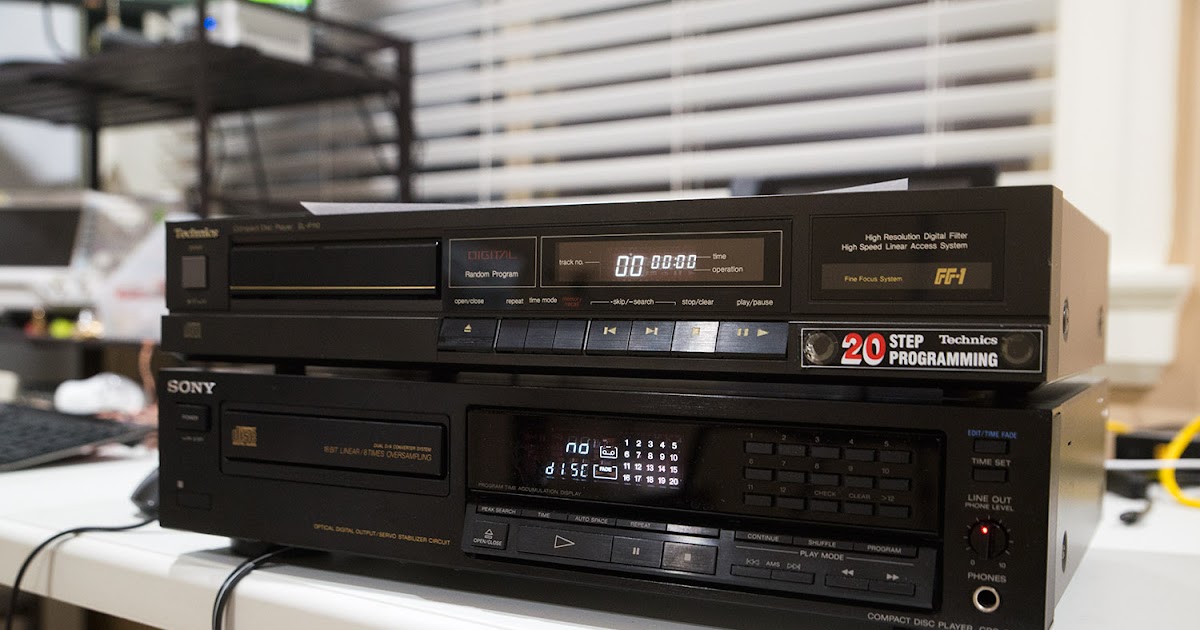I attended a talk by Klaus of Odyssey Audio at Capital Audiofest a few years back. He began by declaring that transducers are where the biggest problems remain (I believe his words were "where fidelity goes to die"). Nobody dissented. He immediately followed this statement with a request for assent to the proposition that "vinyl sounds better than digital." All present nodded agreement. I guess none of them were aware that phono cartridges are transducers. The contradiction seemed lost on the audience. (There is another seriously flawed transducer in their signal chain- the cutting lathe used to make the master their pressing is made from- but this didn't appear to occur to the room full of people who had just agreed that 'vinyl sounds better' despite 'transducers [being] where fidelity goes to die'.All transducers, IMHO.
Microphones, cartridges, speakers.
My take is: Good analog sounds better than it has a right to, but good digital far exceeds it in every way. The vinyl devotees are simply arguing over which cart, TT, tonearm etc has the gross flaws that sound more tolerable to them. There's plenty to argue about and obsess over. That's the reason for the obsession over a technology that traces its origins to Thomas Edison.
There is a mindset in the audio community (or at least the subset that goes to shows) that 'real audiophiles spin vinyl'. I don't miss vinyl. My definition of 'audiophile' is as follows:
Someone interested in the art and science of recording and reproducing sound.
It seems to have taken on a different meaning for many in the years since I first got interested in quality reproduction of music at home.


